
Termites, Cockroaches And Spiders can run but they can't hide from Micropest Pest Control Sydney.


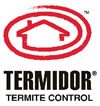


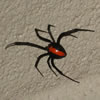
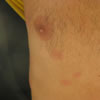

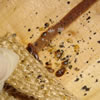


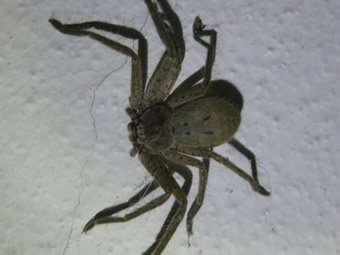
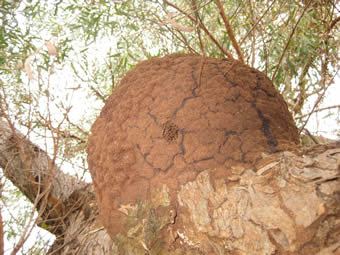
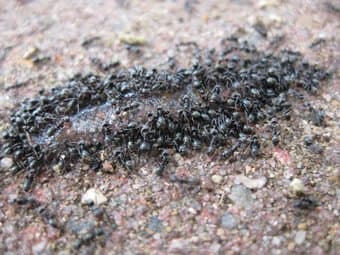
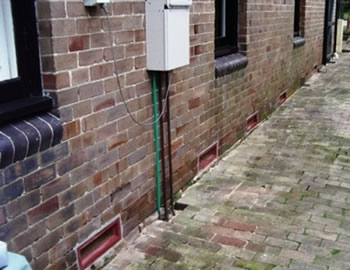
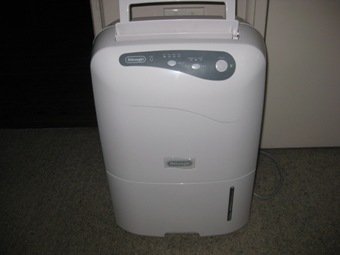
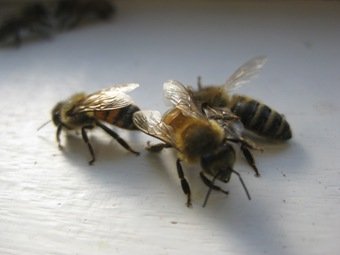
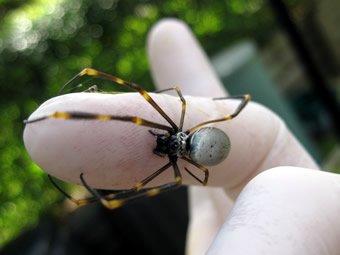
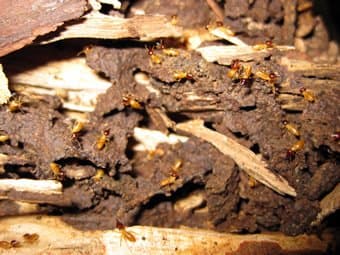
|
Beetles and Beetle Pest Control SydneyBeetles and beetle control Sydney. There are over 350000 different species of beetles in the world, of which 3000 are in Australia and approx 250 species in Sydney. Beetles make up 40% of the insect population, and there are approximately eight times the amount of beetles than there are birds, fish and mammals put together. Beetles belong to the insect order Coleoptera, which the main distinguishing characteristic of the Coleoptera (sheath winged) is the hardened forewings (elytra), six legs and antennae. There are only a few beetle species that can become a pest in Sydney requiring pest control. The phenomenon of blistering (vesication) associated with contact between the body fluids of certain beetles and human skin is well-known even though it is restricted to a very few of the many families of beetles. One family, the Meloidae or blister beetles, typified by the so-called Spanish fly, is particularly well-known elsewhere in the world. Although the family is represented in Australia, the species occurring here do not appear to have been associated with dermatitis. The next most important family are the rove beetles (Staphylinidae), and various species of the genus Paederus are well known as causes of vesication in Africa, the Oriental region, South I America and Australia. The most common species in New South Wales is Paederus cruenticollis and from time to time, this may occur in considerable numbers. Fortunately, its contacts with humans are infrequent, possibly because the fly screens of country houses do not allow it to be attracted to lights indoors. lf such beetles do alight on the skin, the natural reaction is to brush them off. The slightest injury to the beetle may initiate a reaction, although a really severe lesion results from the crushing or smearing of the beetle. Severity is also dependent to some extent on the condition of the skin: least on a normal-dry skin, more pronounced on sweaty skin, and most severe on a skin surface thoroughly cleaned to remove all natural grease. The ultimate reaction may also be reduced by washing the affected area with soap and water after the beetle has been crushed. The reaction is not immediate. ln the most severe cases, erythema (reddening) appears in I2 hours and blistering after 24 hours. In mild cases, the erythematic may not appear until 24 hours have elapsed, and blistering may be delayed up to four days. ln severe cases, the area over which the body fluid of the beetle has been spread becomes thoroughly blistered and extremely painful after three days, and the area remains tender until the blisters dry off in about I0 days. A term commonly used to describe the red, blistering reaction to this beetle is "whiplash" dermatitis because of the narrow linear appearance of many of the lesions. This is undoubtedly its usual form and results from the common practice of brushing the beetle off the skin with a swiping movement of the hand. Control of these beetles would rarely be practicable. If they are attracted to light at night, physical protection (e.g. screening) would be appropriate. lt may be found that ordinary household knock-down parathyroid aerosols will be inadequate. Beetles control price listMicropest Pest Control Sydney provides the following Beetles and Beetle control Sydney service with an approximate price. Please don't hesitate to ring because we do have specials from time to time and we are flexible.
Our Locations WahroongaAddress: 24/24-36 Pacific Highway, Wahroonga N.S.W 2076 Phone:1300 243 377 Hours: Open 7 days, 7 am–10 pm We provide the same day emergency services for the Upper North Shore suburbs of Wahroonga, Pymble, Hornsby, Turramurra, Westleigh and Thornleigh. BerowraAddress:111 Yallambee Road Berowra, Sydney N.S.W 2081. Phone:(02) 9489 0013 Hours: Open 7 days, 7 am–10 pm We provide the same day emergency services for Berowra, Galston, Arcadia, Brooklyn, Mt White, Mt Colah and Asquith. ArtarmonAddress: 43 Whiting St, Artarmon NSW 2064 Phone:1300 884 166 Hours: Open 7 days, 7 am–10 pm We provide the same day emergency services for the Lower North Shore suburbs of Artarmon, Chatswood, Lane Cove, Roseville, Lindfield, Killara, North Sydney, Neutral Bay, North Bridge and Castlecrag. |

|
|||||||||||||||